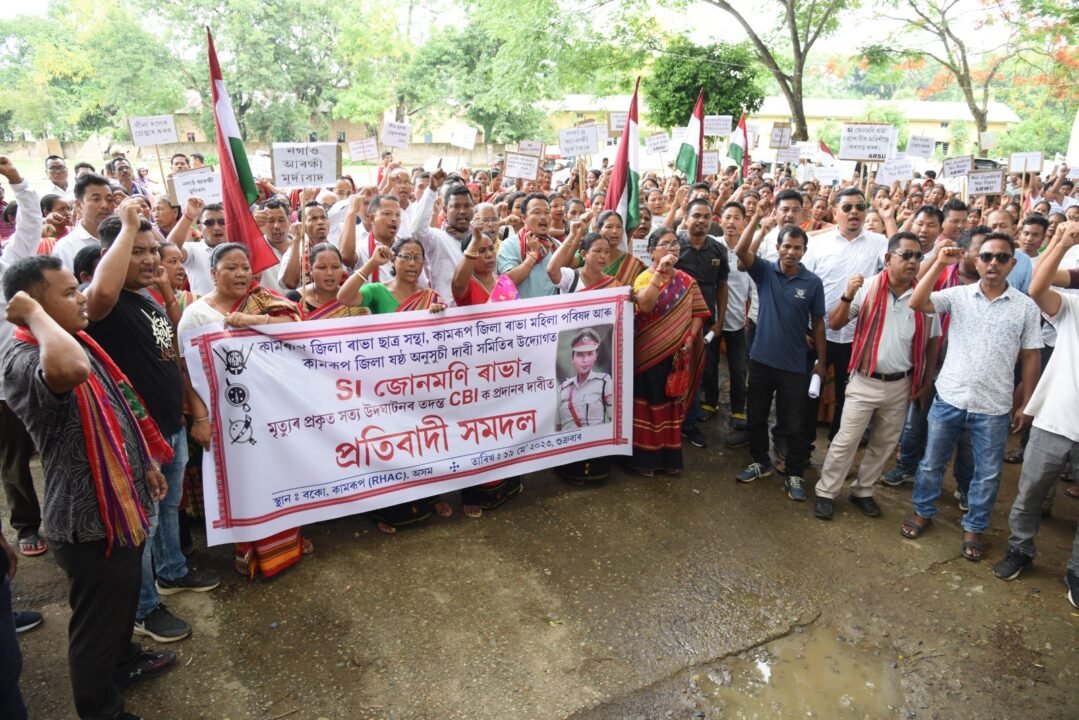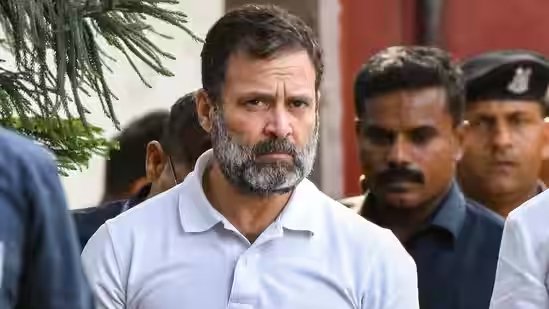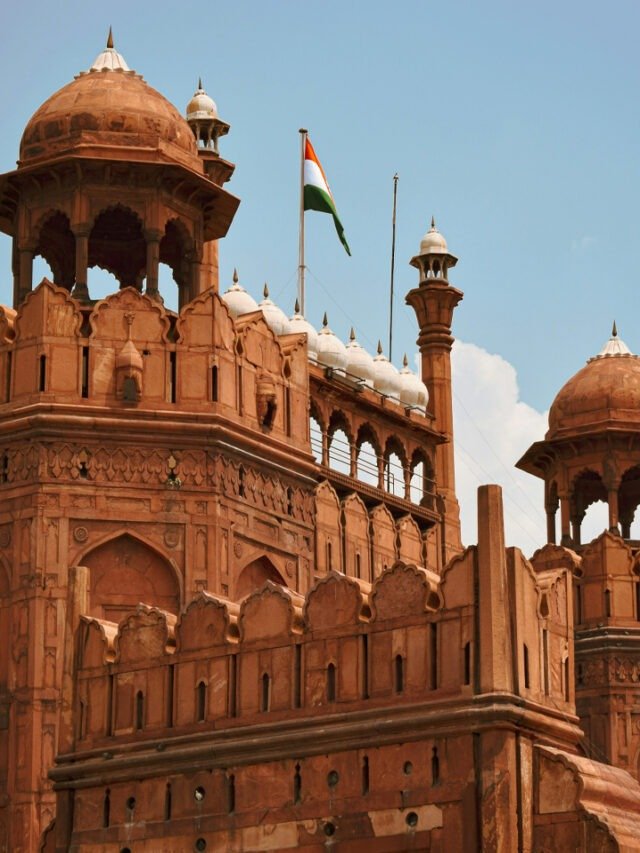HT CORRESPONDENT
KHERONI, April 8: The Additional District and Sessions Court in Karbi Anglong, Diphu, sentenced Balu Kharikapsa alias Bulu to 20 years of rigorous imprisonment on February 2, 2025, for the horrific crime of repeatedly raping his own daughter.
The court also imposed a fine of 5 lakh rupees, with 2.5 lakh to be deposited as a fixed deposit and the remaining 2.5 lakh to be credited to the victim’s savings bank account. Failure to pay the fine will result in an additional three years of simple imprisonment.
The verdict was delivered by Gitali Rabha, Additional District and Sessions Judge and Special Judge under the Protection of Children from Sexual Offences (POCSO) Act, in relation to Session Court Case No. 15/2024 and Case No. 34/2023 of Howraghat Police Station.
The accused was found guilty under Section 506 of the Indian Penal Code (IPC) and Section 5 of the POCSO Act, punishable under Section 6 of the same Act. The judgment followed the final hearing, where witness testimonies were accepted, and a statement under Section 235(2) of the Cr.P.C. was recorded.
According to Additional Public Prosecutor Sanjay Kumar Yadav, the case stemmed from a series of brutal assaults beginning in October 2023. The first incident occurred around 8 pm when the accused forcibly took his daughter to an agricultural field and raped her as she returned home from a tutoring class. About a month later, he assaulted her again while she slept at night. Over the following four to five months, the father repeatedly raped his daughter, threatening to kill her mother and force the victim into marriage with the intent to keep her as his wife.
The court’s decision has been hailed as a significant step in delivering justice to the victim. The Additional Public Prosecutor commended the pivotal role played by Karbi Anglong District Superintendent of Police Sanjeev Saikia in ensuring a thorough investigation and supporting the prosecution’s case. The judgment underscores the judiciary’s commitment to addressing heinous crimes against children under the POCSO Act, sending a strong message against such atrocities.












